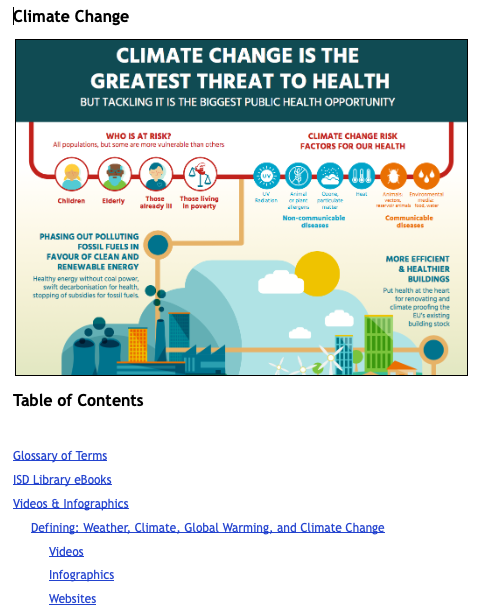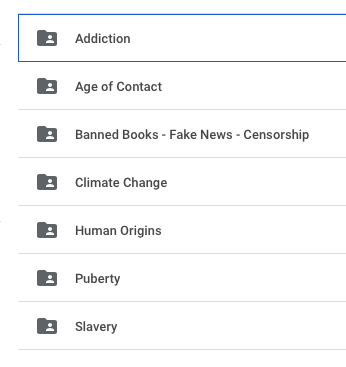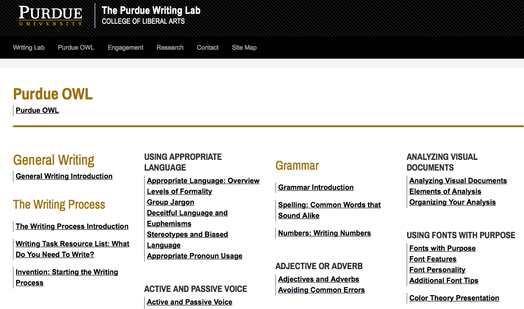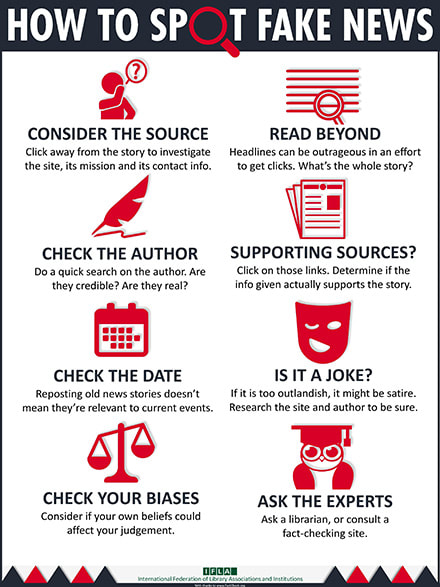ISD Online Resources for MYP Units of Work - 2021/22
The Library now creates online resources for MYP Units of Works. The contain an introduction, a glossary, and a selection of our print and electronic resources. In addition, each online resource contains links to videos, information & infographics.
The Online Resources can be accessed here
The Online Resources can be accessed here
The OWL at Purdue (Online Writing Lab)
Sweet Search
SweetSearch is a search engine designed especially for students. It provides reliable sources. Use instead of Google for your academic work.
JCU Research Guide
Digital Public Library of America
Discover over 30 million images, texts, videos and sounds from across the United States
The Electric Typewriter
Great articles and essays by the world's best journalists and writers.
ProCon.org
How to study effectively
"When you're learning new material, it can be overwhelming when you think about how much time you need to truly understand it all. This studying technique can help you stay focused and take on more information with shorter study sessions.
The lecture 'Study Less, Study Smart'—featured in the video below—is from psychology professor Dr. Marty Lobdell from Pierce College. In it, Lobdell shares his best tips for studying so you don't ever have to attempt those dreaded cram sessions. The video itself is fairly old, and a few of you have probably seen it before, but it's something every student should watch. The lecture is about an hour in length—and definitely worth watching in its entirety—but here are some of the best tips:
- Study in chunked sessions: Your ability to retain information diminishes after about 25-30 minutes, so break it up into multiple, smaller sessions. Reward yourself with fun activities during your breaks
- Have a dedicated study area: Don't study where you do anything else. Don't study in your bed, where you play games (even if it's your computer), or in front of the TV.
- Know the difference between recognition and recollection: Recognition requires a trigger for you to remember something and you may not get that on a test. Study actively with focus on recollection. Quiz yourself and don't just glance over highlighted notes.
- Take good notes: Find a note-taking method that works for you and expand on them after your class lecture to increase retention and understanding.
- Be ready to teach what you've learned: Practice explaining concepts to one of your peers. If you can teach it to someone else, you have a solid grasp on the material.
- Read textbooks effectively: Use the SQ3R Method—survey, question, read, recite, review—to actively retain information. Just reading it is not enough.
Citation:
Allen, Patrick. "'Study Less, Study Smart': The Best Ways to Retain More in Less
Time." Lifehacker, edited by Alan Henry, Gizmodo Media Group, 3 Feb. 2015,
lifehacker.com/study-less-study-smart-the-best-ways-to-retain-more-1683362205.
Accessed 17 Oct. 2016.










